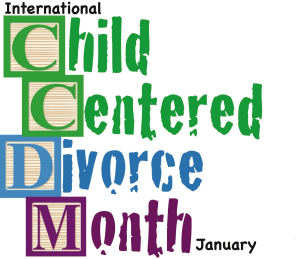Five Keys to More Positive Parenting (an...
By Rosalind Sedacca, CCT Parenting during and after divorce can be complex, frustrating and confusing. However, every day parents around the world are coping with the challenges of raising happy, well-adjusted children. There are many factors that influence your effectiveness as a parent. Here we’ll review five factors that play an important role in your pre- and post-divorce parenting success. Monitor Your Attitude Attitude plays a crucial part in every facet of our lives and especially when we’re coping with divorce. If you approach your divorce with a commitment to making it as positive an experience as possible on behalf of the children you love, you are on your way to succeeding. What attitude are you conveying about your divorce? Try to catch your thoughts and the way you speak about it. Are you filled with negativity? Are your days consumed with a “poor me” state of consciousness? Are you








